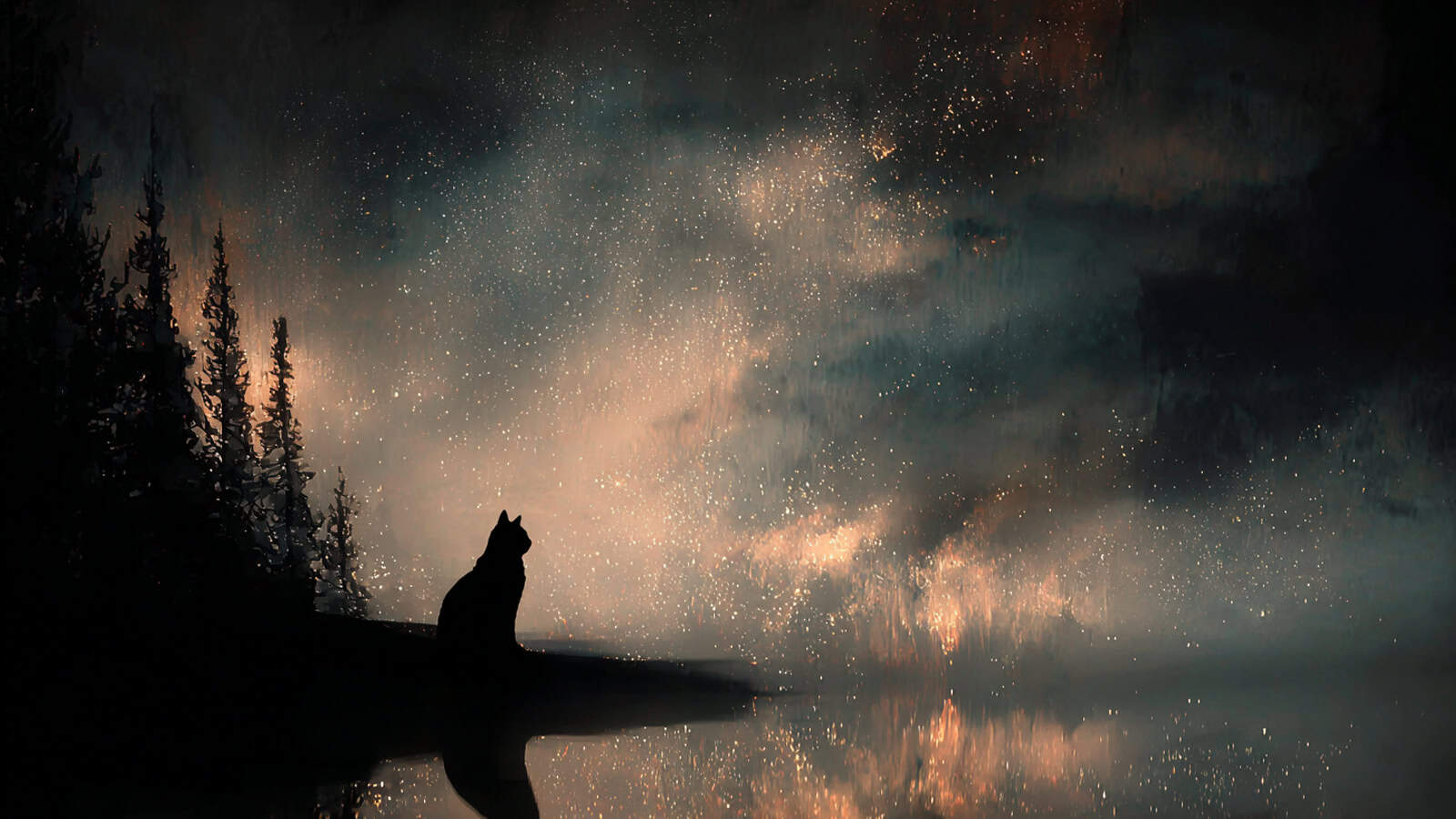
Become a member to access the full episode
Start building your big picture mind & support the global emergence of Integral consciousness

“Integral Life is the most important and globally-relevant platform for the leading edge of Integral consciousness evolution”
– Eugene P.
Andrew Holecek presents dark retreat — extended periods in complete sensory deprivation — as a transformative meditation practice that accesses deeper levels of consciousness typically obscured by our light-obsessed, distraction-heavy culture. He argues that conventional “waking” awareness is actually humanity’s most contracted state, while nocturnal practices like lucid dreaming and sleep yoga offer profound opportunities for shadow work, creativity, and spiritual development.
Perspective Shift:
- Light conceals; darkness reveals. We think light brings clarity, but it often blinds us to deeper truths. Light seduces us into distraction, performance, and appearance. Darkness strips that away. In the absence of stimulation, your deeper self is revealed. What you can’t see in the light, you begin to feel in the dark.
- Follow your fear, not your bliss. The path to awakening isn’t through what feels good. It’s through what scares you. Fear is the affective expression of ignorance. When you follow it, it leads you to the places where your ego still hides. Bliss might comfort you — but fear will transform you.
- Don’t be afraid of the dark. Be afraid of what you project onto it. The darkness is a mirror, a Rorschach test. What makes it difficult isn’t the dark itself—but what you bring into it. The terror you feel is your own mind turned against you. The dark doesn’t scare you — your projections do.
- The dark retreat is a rehearsal for death. We prepare for everything—except death. But dark retreat walks you through the dissolution process: ego loss, identity stripping, light phenomena, and the eruption of unconscious material. You face what you’ve been avoiding your whole life. If you want to die well, practice dying while you’re still alive.
Entering the Dark Night of the Soul (Literally)
Andrew Holecek presents a radical reimagining of human consciousness that turns everything you thought you knew about awakening upside down. While millions pursue mindfulness in the bright light of ordinary awareness, Holecek argues we’ve been looking in precisely the wrong direction. The most profound transformations await us not in the clarity of waking consciousness, but in the mysterious depths of darkness, sleep, and dreams.
Drawing from decades of practice in Tibetan Buddhism and cutting-edge neuroscience, Holecek introduces three revolutionary practices that he calls “the future of meditation”: dark retreat, reverse meditation, and the five nocturnal meditations. At the center of this constellation sits dark retreat — extended periods in complete sensory deprivation that function as “prescription strength meditation” for the truly adventurous.
This isn’t New Age fantasy. The nocturnal practices Holecek teaches — from liminal dreaming through sleep yoga to death preparation — represent sophisticated technologies of consciousness developed over centuries. Recent neuroscientific research suggests that lucid dreamers may literally represent the next stage of human evolution, developing advanced metacognitive capacities in brain regions that are leading the edge of neural development.
But here’s where Holecek’s vision becomes genuinely provocative: he argues that our light-obsessed, distraction-heavy culture systematically obscures the very dimensions of consciousness where real transformation occurs. The “unconscious” mind isn’t unconscious at all — it’s simply been obfuscated by artificial light and endless external stimulation. What we call awakening in ordinary consciousness is actually the most contracted, limited form of awareness available to us.
Holecek positions these practices as potential antidotes to the metacrisis — the recursive cycles of distraction and fragmentation that characterize our digital age. When millions of people begin systematically exploring the deeper dimensions of consciousness, something shifts in the waters of culture itself.
Through testimonials from practitioners ranging from NBA players to meditation teachers, Holecek reveals how dark retreat functions as profound shadow work, forcing practitioners to confront their deepest projections and unconscious material. The process is described as “archeology of consciousness” — dropping through stratified levels of the psyche from Freudian repressions through Jungian archetypes to what he calls the “reduction base of reality” itself.
This isn’t comfortable spirituality. Holecek emphasizes that these practices can literally drive people insane if approached without proper preparation and guidance. Yet for those who navigate the depths skillfully, the rewards include unprecedented creativity, profound healing, problem-solving insights, and preparation for humanity’s ultimate transition: death itself.
The conversation challenges fundamental assumptions about consciousness, evolution, and human potential while offering practical entry points for those ready to explore the edges of contemplative practice. Whether you’re a seasoned meditator seeking to deepen your practice or simply curious about the stranger shores of human consciousness, Holecek’s vision of awakening through darkness offers a compelling alternative to the bright lights of conventional spirituality.
 Key Questions
Key Questions
Here are some questions you can contemplate while listening to this discussion. We suggest you take some time to use these as journaling prompts.
- When was the last time I allowed myself to be completely still — no input, no distraction, no light? What would it feel like to meet myself fully in that space?
- Where in my life am I trying to “light” my way out of discomfort — when what’s really needed is surrender into the unknown? Am I over-relying on clarity, reason, or control when something deeper is calling?
- What fear am I avoiding that might actually be the door to my transformation? If I followed my fear instead of fleeing it, what part of myself might I finally meet?
- Am I living in a way that prepares me to die well? What might it look like to practice “dying before I die” — to release my ego’s grip and remember what cannot be lost?
- What if the darkness I fear isn’t the end—but the beginning? What if it’s not a void, but a womb?
About Andrew Holecek
Andrew Holecek is an author, spiritual teacher, and humanitarian. As a long-time student of Buddhism, he frequently presents this tradition from a contemporary perspective – blending the ancient wisdom of the East with modern knowledge from the West.


